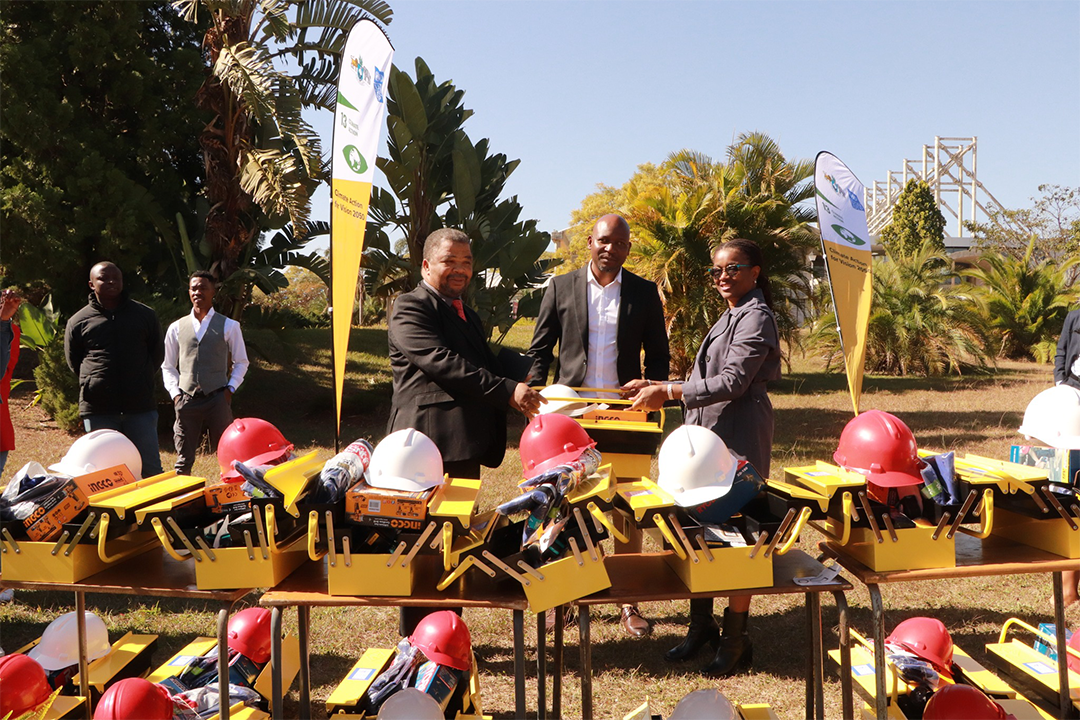By Banele Magongo
MBABANE – ‘No country can achieve its development goals without adequate energy.’
This was said by United Nations Development Programme (UNDP) Deputy Resident Representative Nessie Golakai-Gould yesterday (Thursday, July 4, 2024) at the University of Eswatini (UNESWA) during the handover of essential tools valued at over E320 000 to assist participants in launching small businesses and provide them with instruments for employment opportunities.
The programme is a partnership between the University of Eswatini’s Centre for Sustainable Energy Research (CSER) and UNDP. It equips unemployed young people from diverse backgrounds with basic skills in Solar PV Systems, solar dehydrators, biogas digesters and entrepreneurship.

Golakai-Gould highlighted that despite Eswatini’s high electricity penetration rate of 85 per cent, there are still areas in the country without access to electricity. She further noted that even in areas with electricity, much of it is primarily used for lighting rather than productive purposes.
Eswatini imports 60% of its electricity from neighbouring countries, rendering it unaffordable for poor households in a country where 58.9% of the population lives below the poverty line. The nation predominantly relies on coal-generated electricity, contributing to carbon emissions and exacerbating climate change.
“It was a transformative experience that opened my eyes to the potential of sustainable energy solutions in addressing community challenges” said Ncamsile Dlamini one of the participants.
It is stated that UNDP partnered with UNESWA’s CSER to develop the training as part of the Empowering Youth and Women with Green Skills for Accelerating NDCs in the Eswatini initiative.
In response, UNESWA Vice Chancellor, Professor Justice Thwala, said UNDP’s support to Eswatini’s youth is commendable adding that the UN agency has supported the university in various projects including supporting the tertiary institution with internet services to ensure continued learning during the COVID-19 pandemic. Other UNESWA projects UNDP supported include waste management, innovation lab, and graduate industry internships.

